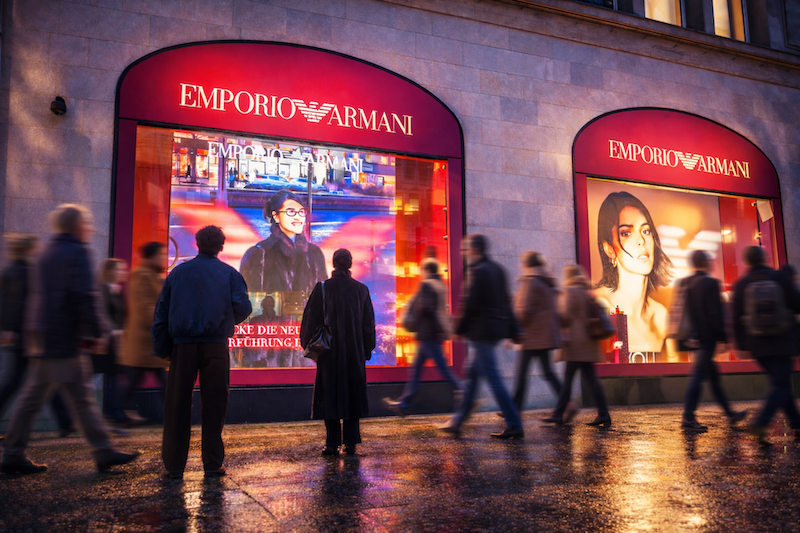The retail technology year in review: wheels fall off rapid grocery delivery bandwagon
As 2022 draws to a close, RTIH brings you its key retail tech related takeaways from a hugely eventful year, starting with the ‘first it was hot, then it was not’ rapid grocery delivery space.
Last week, after weeks of rumours, Getir officially announced that it was acquiring Gorillas.
“Markets go up and down, but consumers love our service and convenience is here to stay. The super fast grocery delivery industry will steadily grow for many years to come and Getir will lead this category it created seven years ago,” said Nazim Salur, Getir founder.
The amount of VC money burnt investing in the quick commerce space has been staggering.
With this latest move, can we assume that one startup will survive and thrive, alongside traditional retailers like Tesco who saw what was going on and came up with their own offerings?
During the Covid-19 outbreak, many people started ordering groceries online because of lockdown restrictions. And rapid delivery options became hugely popular, particularly in urban areas.
The likes of Getir, Gorillas, Flink, Zapp were hailed by industry observers and investors as a brave new world for grocery deliveries.
But then Covid-19 restrictions disappeared and, big surprise, people started to venture out of their houses again, jumping at the chance to socialise in pubs, bars, restaurants, cinemas etc.
Throw in a cost-of-living crisis and, well, you can guess the rest. It's pretty bleak out there for on demand grocery delivery services, with the path to profitability unclear.
NTT DATA recently surveyed 2,000 grocery shoppers in the UK, focusing on inner city areas where quick commerce is available.
It found that just under a third of inner city dwellers use rapid delivery apps/Q-commerce.
However, more than half using the apps are decreasing their use (59%) as cost over convenience becomes more important.
92% of consumers state cost is one of the biggest decisions for where and when to purchase their groceries.
This is followed by quality with 77% confirming this as a key decision point.
Speed is left far behind with only 17% stating this is a deciding factor on where they buy groceries from.
This plays out when analysing web traffic data to the major Q-commerce brands. NTT DATA analysed
SimilarWeb data found there was an average 19% decrease in traffic over the last three months, with Getir taking the biggest hit.
To recruit customers, rapid delivery firms have delivered discounts and big market campaigns, just as Uber did, the costs have been subsidised with returning a profit a secondary consideration.
But the outlook for these apps now looks bleak as the cost-of-living crisis continues to grip the nation, NTT DATA argues.
Geoff Lloyd, Director of Retail at NTT DATA UK&I, commented: “As a result of food inflation and the current cost-of-living crisis, consumers are becoming more cost conscious with their purchases and are prioritising this over convenience.”
“As a result, fewer consumers are now willing to accept the higher cost that comes with the Q-commerce model, whether it is through higher pricing of products, or additional costs they need to pay for delivery to their doorstep.”
“As funding stagnates and introductory offers start to disappear, consumers are likely to decide that the convenience is not worth the cost and will move away from these applications.”
“There is a huge opportunity here for legacy retailers and grocers to gain back market share from the Q-commerce challengers and increase sales during this time, as the current economic climate is altering consumer buying behaviour.”
“By using data to help improve deals and targeted offers as part of loyalty programmes, supermarkets can gain the upper hand and increase margins during this difficult retail period.”















Continue reading…